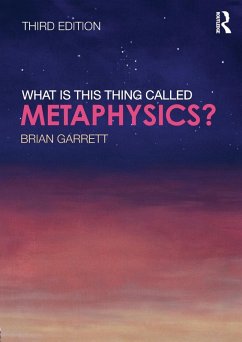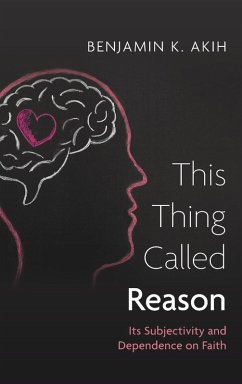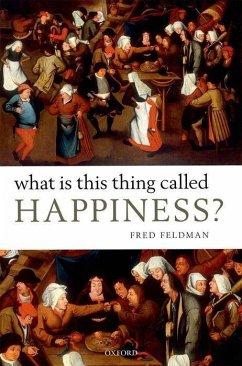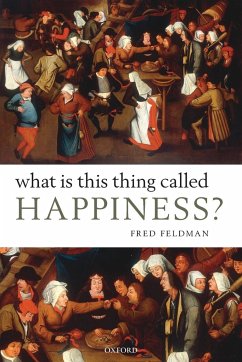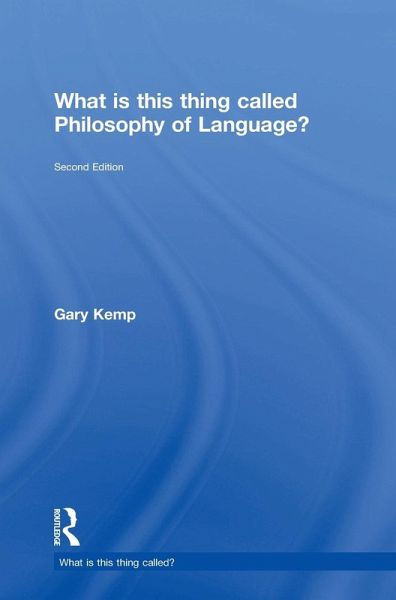
What is this thing called Philosophy of Language?
Versandkostenfrei!
Versandfertig in über 4 Wochen
175,99 €
inkl. MwSt.
Weitere Ausgaben:

PAYBACK Punkte
88 °P sammeln!
The ideas of some of the subject's great founding figures, such as Frege, Wittgenstein and Russell, as well as Saul Kripke and Hilary Putnam, are central to many philosophical debates. Chapter summaries, annotated further reading and a glossary make this an indispensable introduction to students coming to the subject for the first time.





